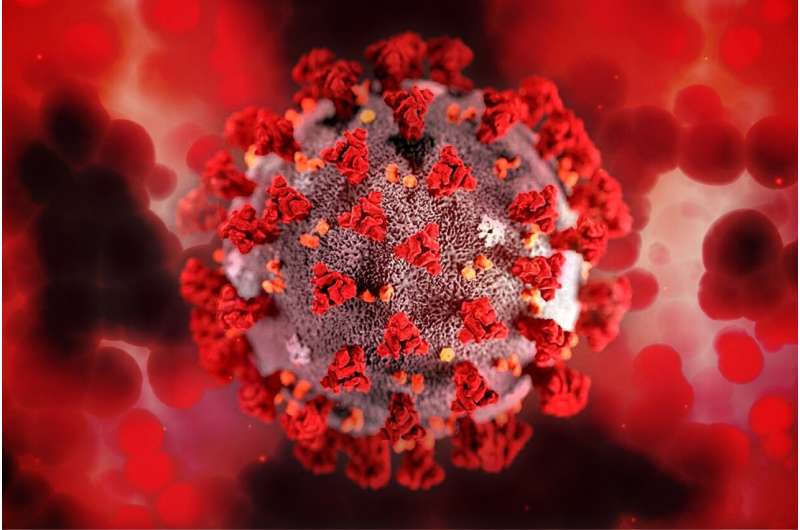March Madness: Temporary increase in COVID-19 cases in counties where universities played in NCAA Tournament

The 2021–22 school year represents the third academic year disrupted by the COVID-19 pandemic. Across the country, universities are implementing various vaccination, masking and distancing policies; however, there's little evidence about the risk of the spread of COVID-19 at social gatherings among university students to guide schools' policies.
A new analysis by a researcher at Beth Israel Deaconess Medical Center (BIDMC), published in JAMA Network Open, finds a link between large gatherings of unvaccinated county residents—both students and non-students—and an increase in COVID-19 infections in the university's community. Ashley L. O'Donoghue, Ph.D., an economist at the Center for Healthcare Delivery Science and a research fellow in the Department of Medicine at BIDMC, looked at the new daily COVID-19 infections in counties with universities across the country from January to May of 2021. Next, she compared COVID-19 infection rates in counties with universities that participated in the National Collegiate Athletic Association (NCAA) March Madness to those in counties with no link to the tournament.
"Counties that are home to universities that participated in NCAA March Madness saw a temporary increase in COVID-19 cases beginning eight days following the tournament and peaking 24 days after the tournament, relative to counties not involved in the tournament," said O'Donoghue. "While many universities have decided to implement vaccination mandates, not all universities have. This study fills a gap in evidence on the risk of COVID-19 spread from social gatherings among unvaccinated university students. This suggests that vaccinations, surveillance testing of unvaccinated students, or other mitigation measures, are still important to reduce the spread of COVID-19 in a university's community."
O'Donoghue noted that universities participating in March Madness that were concerned about potential COVID-19 transmission may have increased surveillance testing during and after the tournament and thus documented more COVID-19 infections during this time than other counties. However, this study provides evidence that social gatherings among unvaccinated university students are associated with increased COVID-19 infections in a university's community, useful information for universities currently debating vaccination and/or surveillance testing policies for their campuses, O'Donoghue said.
O'Donoghue reports funding by an unrestricted philanthropic gift from Google.org outside of the submitted work.
More information: Association of University Student Gatherings and Community COVID-19 Infections Before and After the NCAA March Madness Tournament, JAMA Network Open (2021). DOI: 10.1001/jamanetworkopen.2021.30783





















